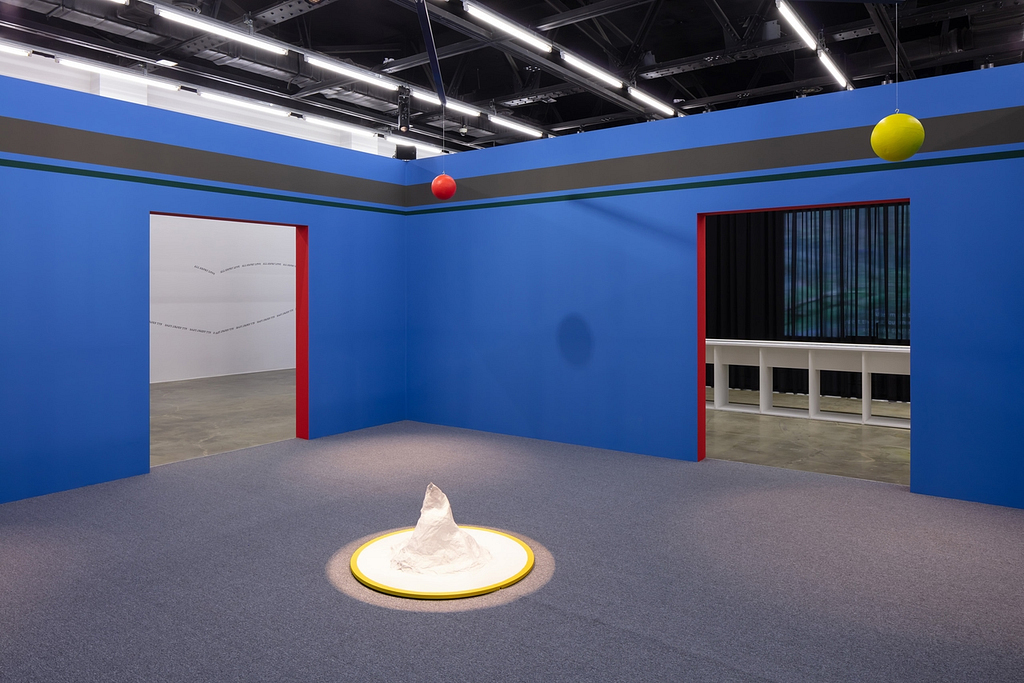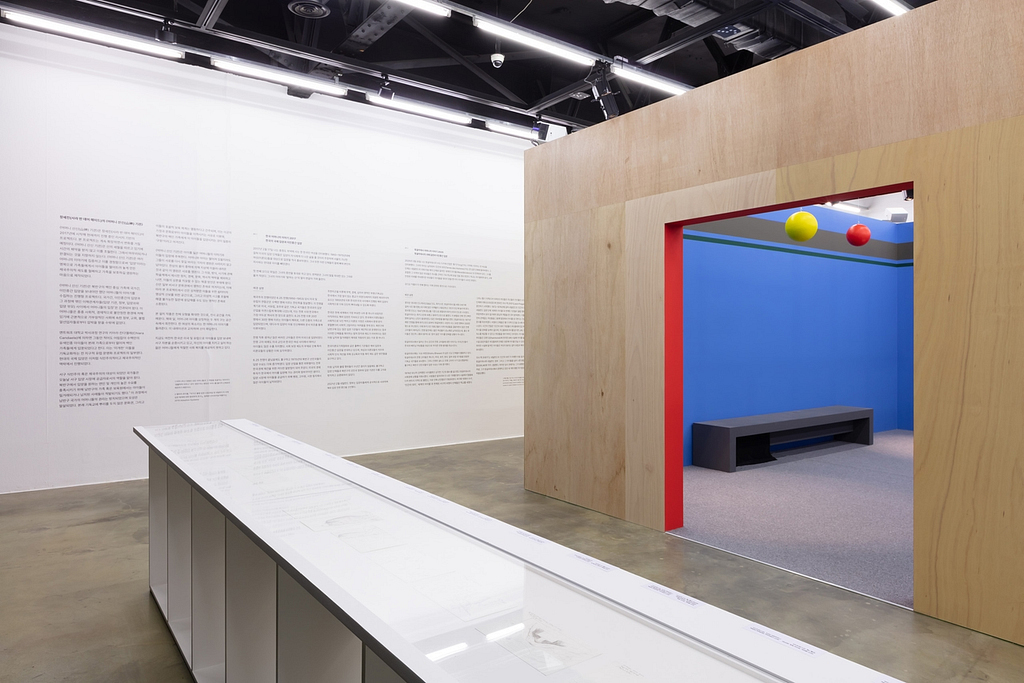The Mother
Mountain Institute
A growing collection of testimonies of racialised mothers who lost their child to the transnational and transracial adoption industry in the Global North

The Mountain speaks:
Your home is everywhere
The Sun Rays are shining equally on you as on the others
The Universe is here for you
You may live the way the birds live
The Mother Mountain Institute is an ongoing artistic research project initiated in 2017 by Sara Sejin Chang (Sara van der Heide). The project will expand and continue to change over time. The Mother Mountain Institute is a timeless project and has the pace of a Mountain. The Mother Mountain Institute does not claim to be finished or complete. By centering and listening to the stories of mothers The Mother Mountain Institute does want to contribute to preserving families and the abolition of a colonial system of the displacement of children in the name of adoption.
The Mother Mountain Institute is an ongoing project that collects the stories of racialized mothers who have lost their children to transnational and transracial adoption to white families in the Global North. The interest of the mother1 is often overlooked in the constellation of transnational and transracial adoption with its several stakeholders. This includes the adoption agency, the government, the adoptee and the adopting parents. These women who are often found in precarious social and economical situations are faced with pressure by the state, the church and criminal traffickers in an underlying patriarchal society.
According to researcher Chiara Candaele, a PhD candidate at the University of Antwerp, it is safely estimated that millions of BIPOC babies and children have been taken from their original families, displaced and adopted by white families. This was part of the global European civilisation project of Christianising ‘the savage’. It is within this colonial and imperial context that contemporary adoption is taking place.
Countries that have been subject to Western colonization or imperialism are today suppliers for the Western adoption market. Numerous cases have been uncovered whereby children from the Global South were purchased or kidnapped from their families or orphanages in order to meet the high demand for adoption among couples and individuals in the Global North.2 We can speak of a structural pattern where mothers from the Global South are dehumanized and denied the right of motherhood. Indigenous non-Christian cultures and their extended care systems are seen as inferior and are used as a reason to remove children from their families and culture, and ‘saving’ them by adopting them into white families in the Global North.
In The Mother Mountain Institute the position and the stories of the mothers who lost their children are being centered. After the separation the respective desires remain between mother and the child to find one another again. Like celestial bodies pulled by gravity, they circle around each other. Besides the political, economical, cultural and historical context provided by for instance academics, about the why and the how and the when, no sufficient answers are provided that can heal the wounds. The mountain is seen in several non-Western cultures as a spiritual figure and is evoked in this project both as a patient shelter, a site for meditative walks, and as a spiritual entity who might provide answers to impossible questions transcending rational thought.
The room-size installation acts as an enlarged table-model representing the universe. Two balls, representing both the sun and the moon and the mother and child, rotate within the space. A women’s voice is narrating the story of a birth mother. Alternating, the mountain speaks.
1 The mothers are explicitly referred to as mothers. The term ‘biological’ is a term that violently reduces the mothers to a physical body





